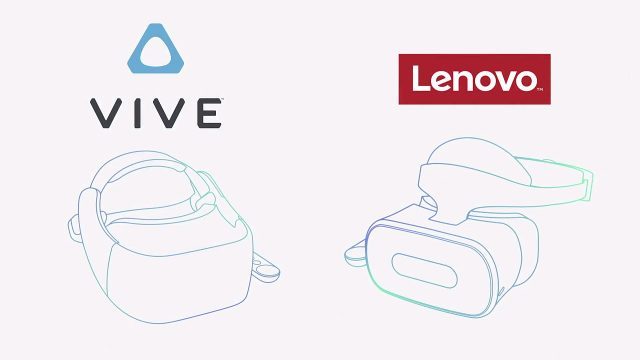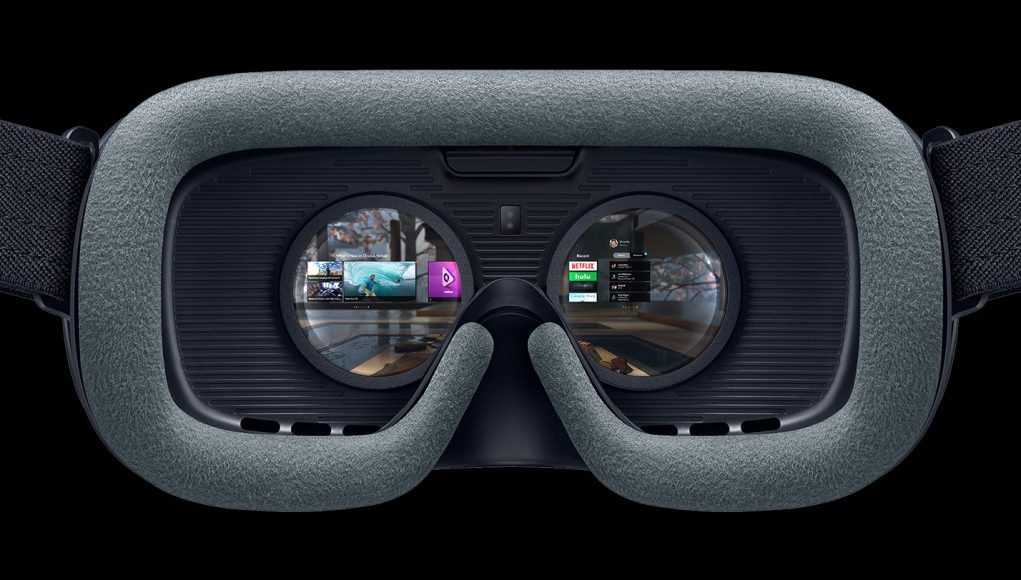It Gets Worse
 That wasn’t the only blow to Oculus’ mobile strategy at I/O 2017. Perhaps even more critically, Oculus’ biggest hardware competitor, Vive, has ceded platform control of it’s mobile VR initiatives to Google and Daydream.
That wasn’t the only blow to Oculus’ mobile strategy at I/O 2017. Perhaps even more critically, Oculus’ biggest hardware competitor, Vive, has ceded platform control of it’s mobile VR initiatives to Google and Daydream.
Google announced last week that they’re developing standalone mobile VR headsets, and that HTC and Lenovo would be the first companies to deliver them. This is a significant bolstering of Google’s Daydream platform, because it means that HTC is not going to compete at the platform level in this portion of the mobile VR space, and instead has left that work to Google, Oculus’ biggest platform competitor in the space.
That only compounds the problems we identified above in the case of the Samsung S8 and S8+ becoming Daydream ready devices. These standalone Daydream headsets will be an additional set of users added to the Daydream ecosystem, making it increasingly difficult for a developer to justify developing only for Gear VR; and while many will likely deploy on both platforms, developers who only want to develop for one will almost certainly aim for the larger of the two as long as they remain largely identical.







